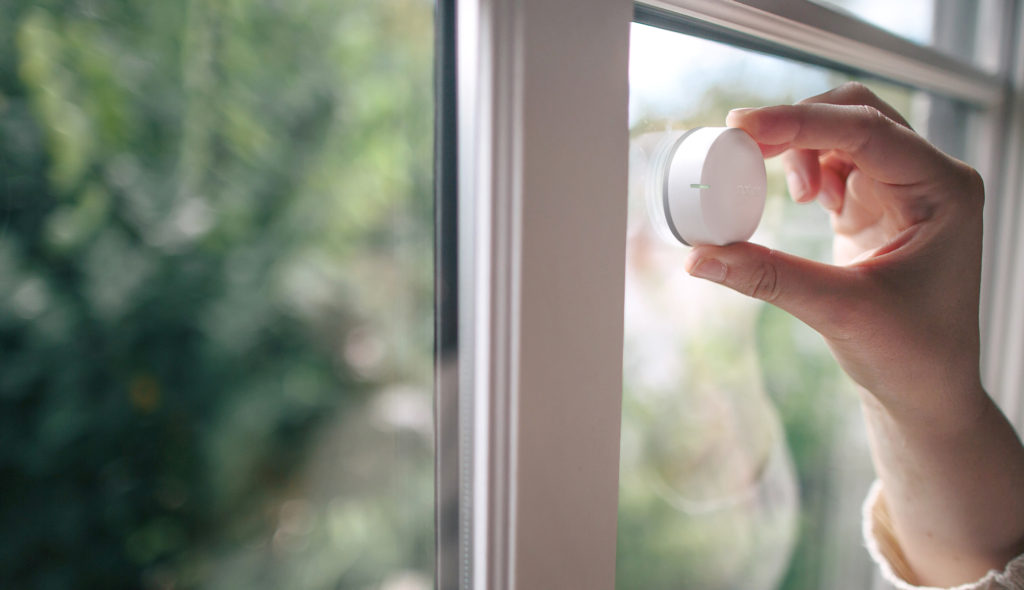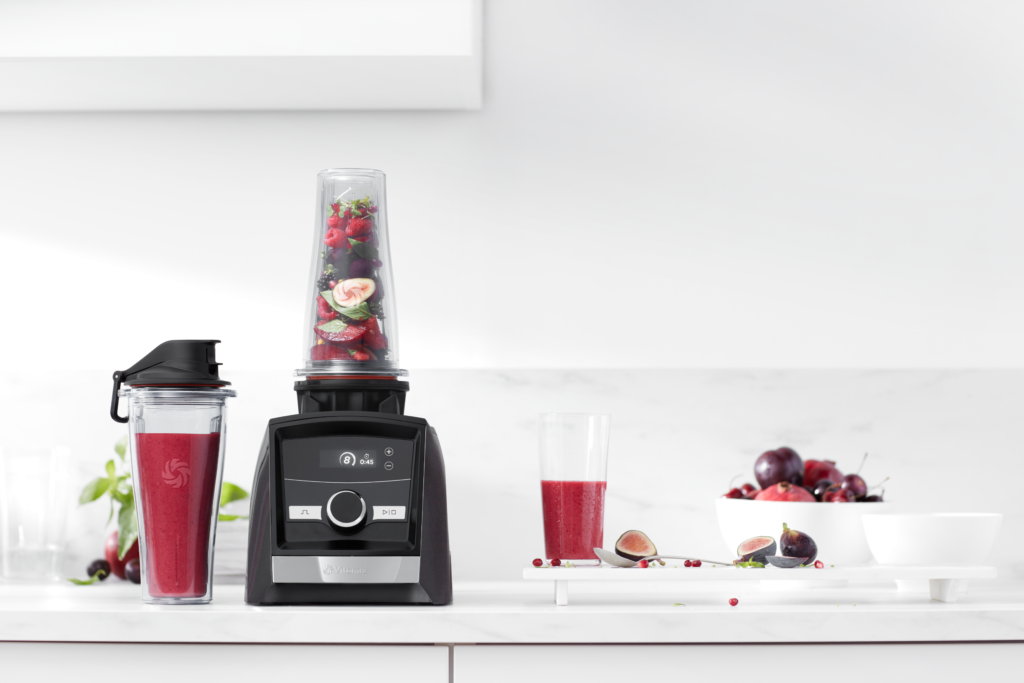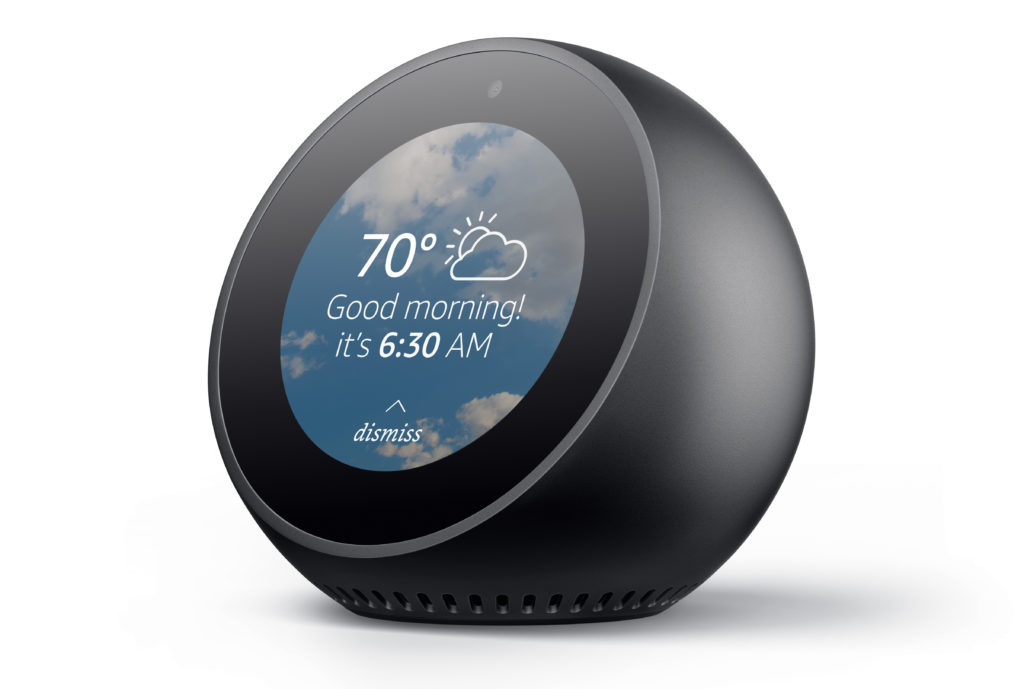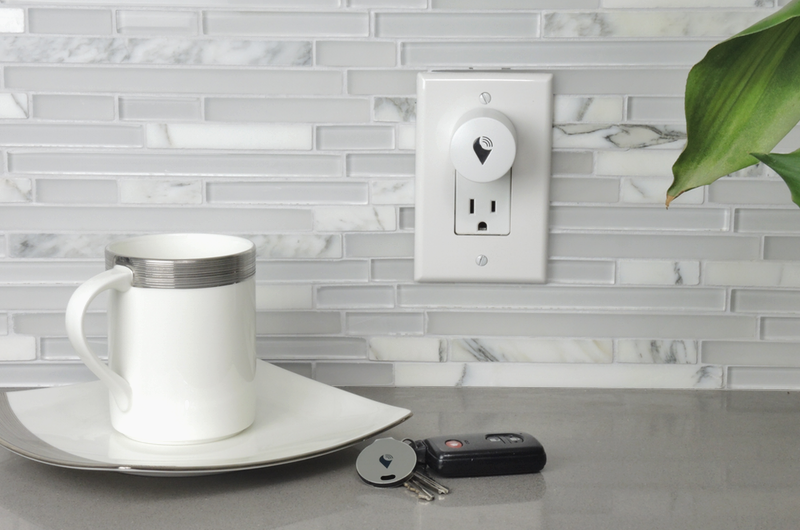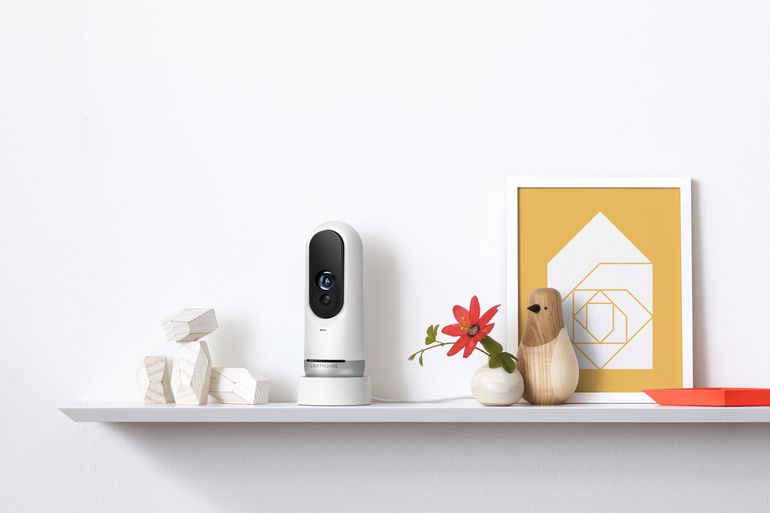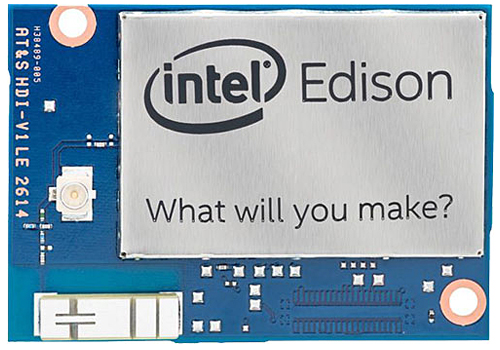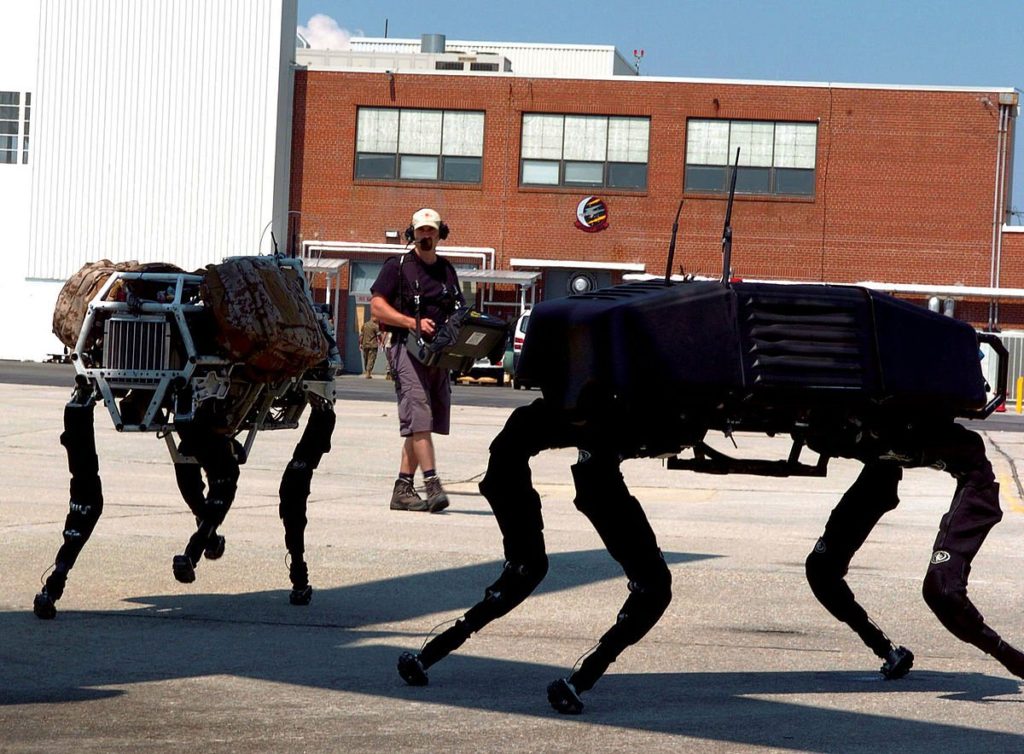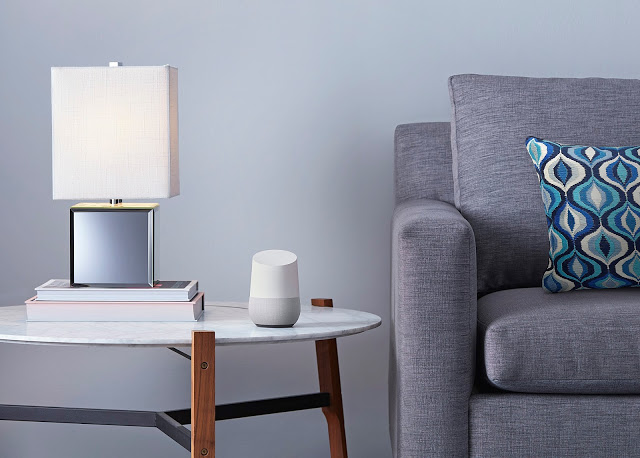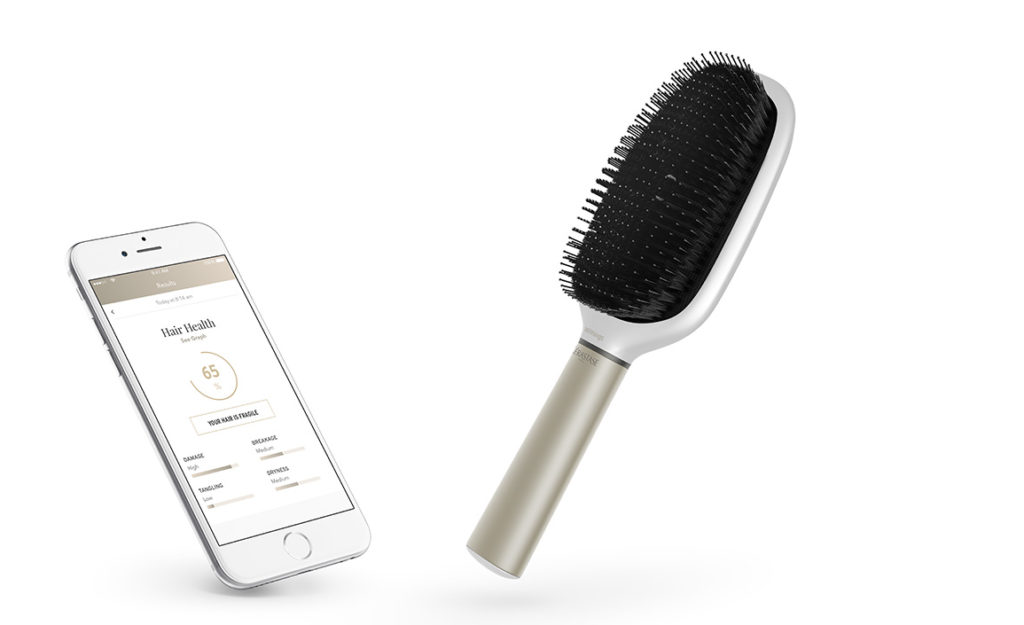We begin this week with another cautionary tale about bricked connected devices. This week it’s an automotive product called Mojio. From there I discuss the things I recently learned about building wireless networks in industrial settings while Kevin talks about how much money connected plants can save. We then get super nerdy on innovations in low-power chips before dipping into a lot of news such as IDC’s expectations for the IoT and new talents for the Google Home, Amazon Echo and Honeywell’s controller. We end the show with reviews on two connected devices we installed and answer a question about leak sensors from a listener.

Stick around and you’ll hear from Nick Langston, head of business development at TE Connectivity, talking about the future of smart fabrics. While the biggest use case so far is in smart clothing to detect health data, Langston envisions a future where those same sensors might be put into sheets, carpets or even cars. He also shares an idea about what might be the coolest jersey ever that would react to your player getting hit on the field or light up in response to your team scoring a point. It’s pretty cool.
Hosts: Stacey Higginbotham
Guest: Nick Langston, TE Connectivity
Sponsors: Lux Products and ADT
- Another brick in the IoT device bag
- How transistor design will change for IoT
- The IoT will be worth $1 trillion by 2020
- What happens to privacy if your bedsheets are a sensor?
- Smart fabrics are soft, but the business model is hard
Podcast: Play in new window | Download | Embed
Subscribe: RSS

